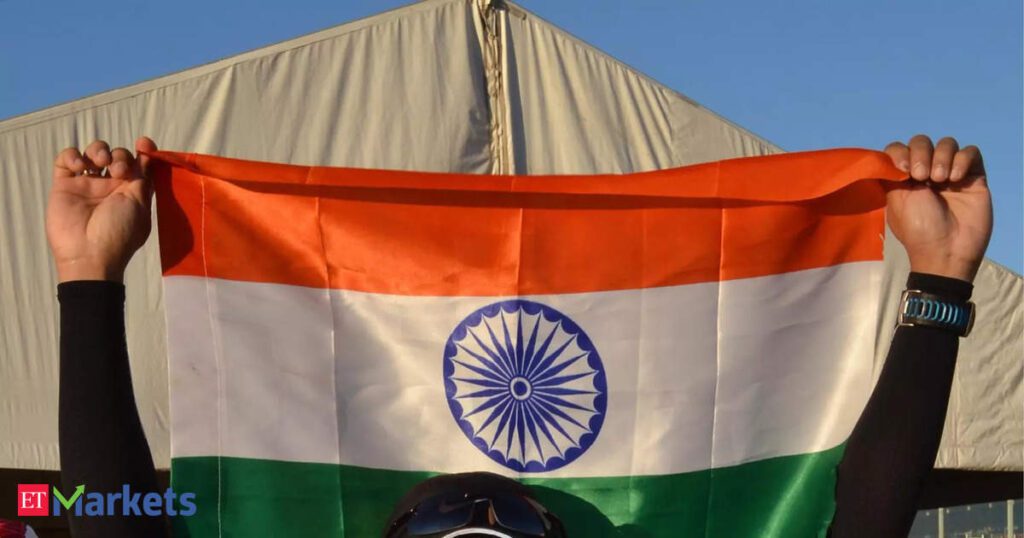Prasun Sikdar: The Executive Athlete Balancing Business and Marathons
Meet Prasun Sikdar, the Managing Director and CEO of Manipal Cigna Health Insurance. His remarkable journey in the business world intertwines seamlessly with his passion for running, illustrating a perfect blend of physical endurance and mental resilience. Over the past decade, Sikdar has shown an unwavering commitment to excelling both in the corporate landscape and on the running track.
The Early Morning Ritual: Awakening at Dawn
Sikdar’s day starts at 5 AM four days a week. Sundays are reserved for long-distance runs, a commitment he embraced in 2015. This early morning ritual is where he finds solace, drawing strength from the rhythmic beat of his feet on the pavement. “Running is the cornerstone of my daily routine,” Sikdar shares. “It trains my mind and body to tackle challenges head-on, cultivating resilience and enabling me to discover my potential.” Through running, he combats stress, maintaining a positive outlook that significantly contributes to his success in the demanding business environment.
Achievements on the Track: Conquering 18 Marathons
Sikdar’s impressive portfolio includes conquering 18 marathons, a testament to his dedication and the transformative power of running. One particularly memorable race was the notorious Comrades Marathon in South Africa. Taking on an 87-kilometer uphill challenge alongside over 22,000 runners from across the globe, Sikdar completed the marathon in a remarkable 10 hours and 49 minutes. “Every marathon is unique and filled with personal growth,” he notes. “Crossing that finish line while holding the Indian flag was a moment of immense pride and joy, one that I will cherish forever.”
The Mental Edge: Focus Through Running
Beyond the physical aspect, participating in marathons has been pivotal for Sikdar’s mental fortitude. He explains, “Endurance running illustrates the profound connection between mind and body. In the toughest moments of a race, my mental resilience drives me forward, mirroring the determination that fuels my business success.” This clarity of mind and ability to remain grounded in the present has significant implications in making strategic decisions as a leader.
Leadership Lessons Learned from Endurance Running
One of the core leadership lessons Sikdar highlights derived from his running experience is the importance of goal-setting. “Training for a marathon involves establishing specific, achievable goals, a concept that is crucial for effective leadership,” he explains. Additionally, he emphasizes the need for effective time management to balance training with corporate responsibilities. This lesson proves invaluable as he prioritizes tasks and maintains a healthy work-life balance in his role as CEO.
Staying Focused: The Role of Nutrition and Rest
In addition to running, Sikdar acknowledges that maintaining a balanced diet and ensuring quality sleep are vital to his overall performance. He emphasizes, “Proper nutrition and sufficient rest are essential for optimizing performance, both in my running and professional life.” Understanding the critical role these factors play, he strives to maintain harmony between his training, dietary habits, and sleep, positioning himself for success on all fronts.
A Testament to Resilience and Commitment
Prasun Sikdar’s story is an inspirational blend of perseverance, focus, and commitment. His ability to balance a demanding corporate role while pursuing marathon running highlights an exemplary model for professionals seeking to enhance both physical fitness and mental acuity. For those looking to cultivate resilience and stamina, lessons from Sikdar’s journey may provide valuable insights into embedding fitness and wellness into their daily lives. Ultimately, the connection between physical endurance and professional achievement serves as a powerful reminder of the benefits of holistic well-being.
(Disclaimer: The views expressed in this article are based on the insights shared by Prasun Sikdar and do not necessarily represent the opinions of the Economic Times.)
